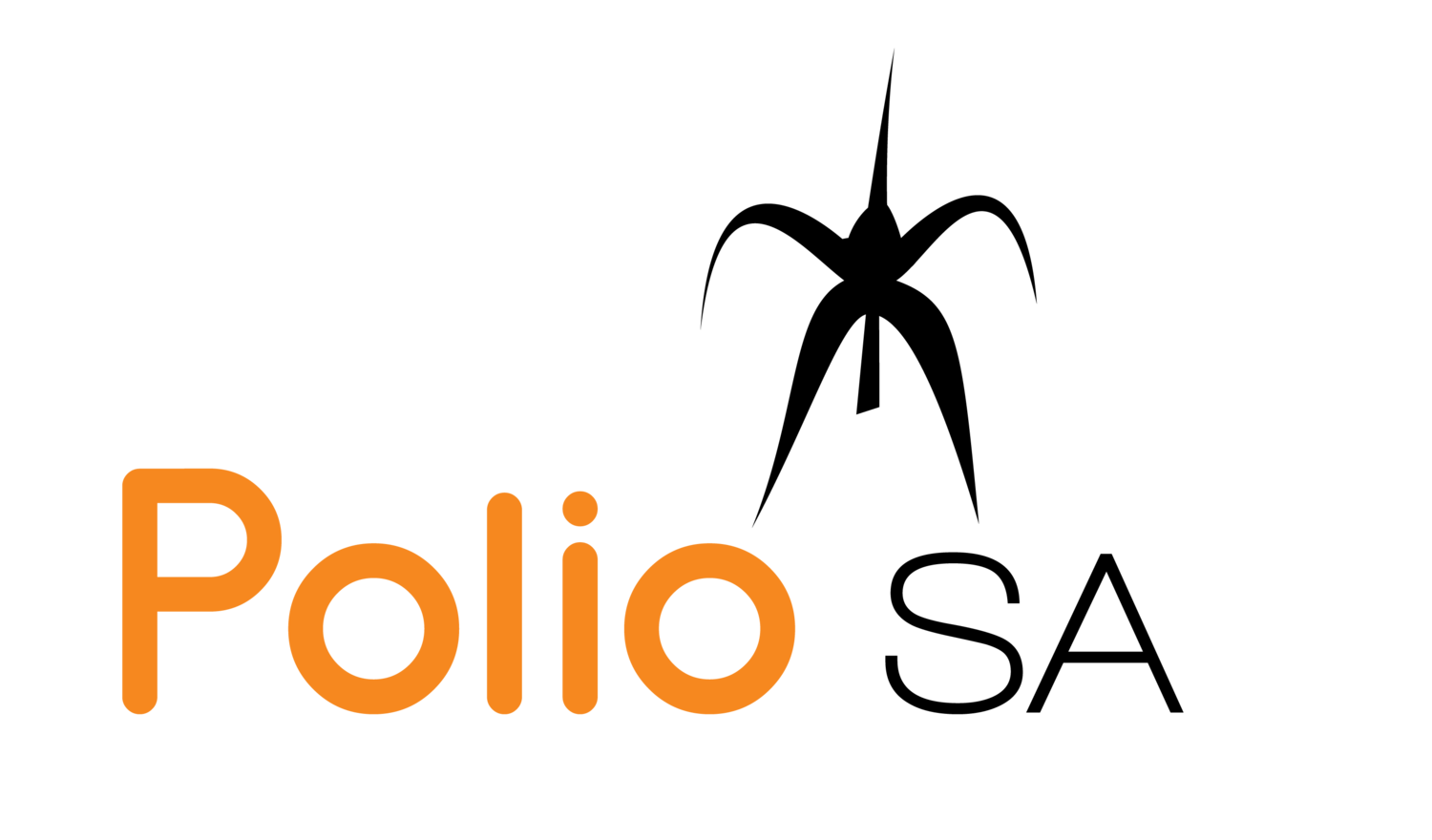Coronavirus (COVID-19) and Polio Survivors
Please find below some information for polio survivors about coronavirus COVID-19, from Post-Polio Health International. The information links to the CDC, but please also keep in touch with local health messages such as those available through the Australian Department of Health: https://www.health.gov.au/…/novel-coronavirus-2019-ncov-hea…
Everyone seems to be talking about, worrying about and asking questions about coronavirus, and that includes polio survivors. As we have seen this is a rapidly evolving situation and what we know today may change next week or next month.
Some facts that are not likely to change are:
Polio and the late effects of polio do not, in themselves, cause immune compromise. Therefore, polio survivors are no more likely to contract a coronavirus infection or develop serious illness from it than people who never had polio!
Most polio survivors in the United States and Canada are over 60 years old, which places us in the “higher risk” category with a greater likelihood of developing severe disease after being infected with the virus than younger people.
Polio survivors who had breathing muscle involvement with their original illness and/or now have respiratory problems of any kind are at “high risk” when they become ill with any respiratory infection, including coronaviruses.
Just as it is for people who never had polio, if a polio survivor has diabetes, heart disease, severe kidney disease, or are immunocompromised due to a medical condition or certain medications, then they are at high risk of developing complications if they contract COVID-19.
What you can do: follow CDC guidelines about infection control—washing hands frequently, disinfecting frequently touched surfaces, covering coughs and sneezes, avoiding large crowds especially in poorly ventilated areas, staying home if you are sick and avoiding non-essential trips, such as long airplane rides or embarking on a cruise ship.
If you do develop cough or fever (temperature over 100.4 degrees F, 38 degrees Celcius), especially if you have had known contact with someone who has coronavirus or has recently been in some of the “coronavirus hot spots,” call your doctor for advice about what to do next. If you have increased trouble breathing, you probably need to be seen by a doctor at a hospital but have someone call ahead so that the emergency room is prepared for your arrival. Likewise, if an ambulance is called to transport you please let them know in advance that you may have coronavirus so they can take appropriate precautions.
For the latest information about the coronavirus, check the CDC’s website at www.cdc.gov/coronavirus/2019-ncov/. If you have any specific health questions about yourself, contact your physician.
Post-Polio Health International
Including International Ventilator Users Network
St. Louis, Missouri
www.post-polio.org
314-534-0475

